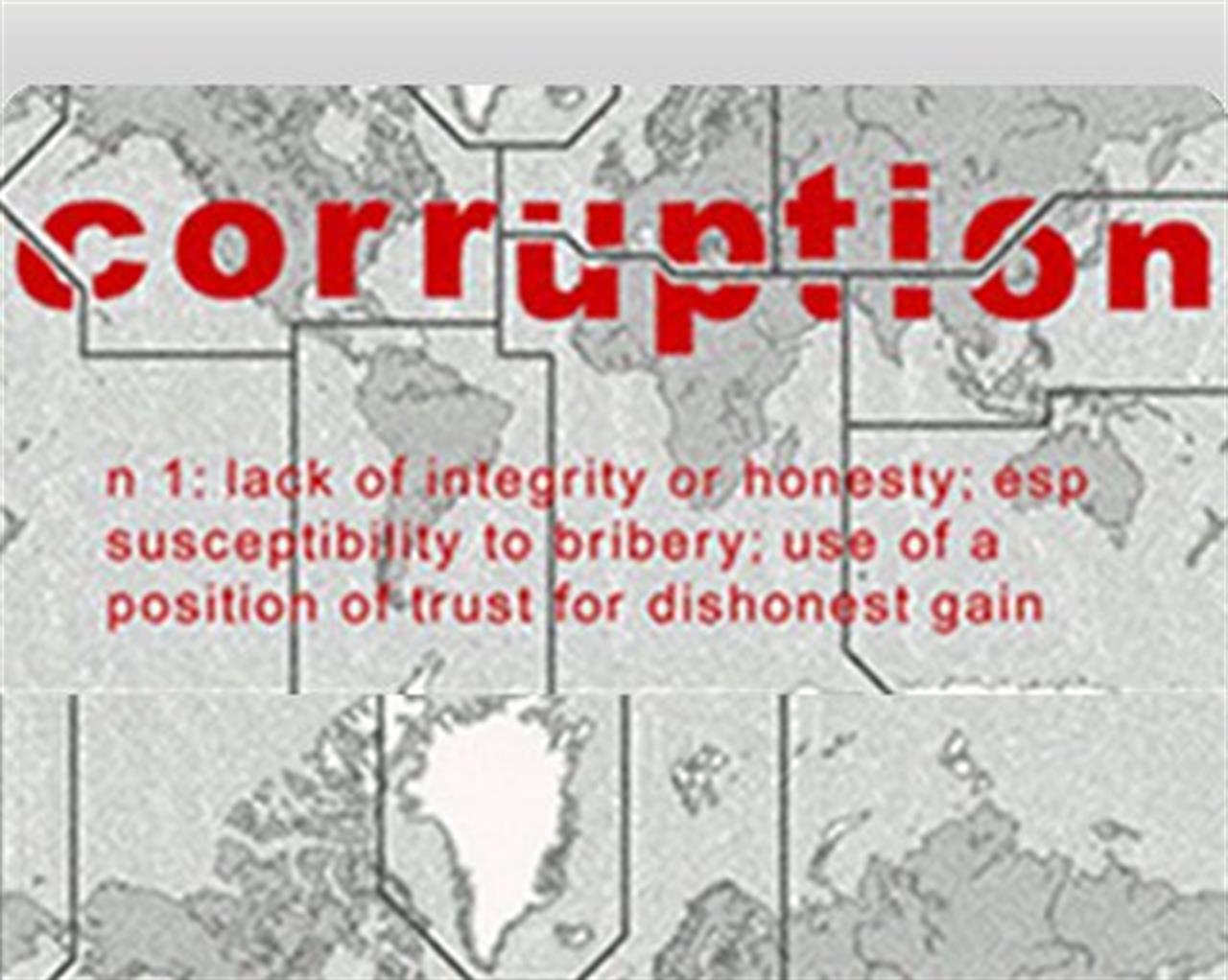Politica
A day to fight corruption
December 9 is International Anti-Corruption Day. Find out what battles civil society organisations are carrying forward this year.
di Staff

Corruption is on the rise worldwide, according to Transparency International’s latest report released on December 9 to coincide with the UN’s international day against corruption.
This Berlin-based coalition against corruption reveals that one in four people in the world have paid at least one bribe in 2010 and 29% of the world’s population has paid a bribe to the police. Police in the European Union were found to be the least corrupt, with only 5% of people living in member states admitting to having paid bribes to law enforcement agencies but former Soviet countries were found to be more corrupt that the global average (32 per cent). The most affected by corruption are the poor and the young and it is estimated that low income earners are twice as likely to pay bribes for basic services like education and healthcare than high income earners. These findings are included in the 2010 Global Corruption Barometer, a report that focuses on small scale bribery and which was carried out by surveying 91 thousand people in 86 countries.
“Corruption is a threat to development, democracy and stability,” reads the UN Secretary General’s anti-corruption day message, “and it contributes to environmental damage and endangers public health by enabling the illegal dumping of hazardous waste”. Kofi Annan also urged governments and corporations to join the UN Global Compact and work together, as preventing corruption also makes “good business sense”. He also said that it was necessary to ensure that the UN was transparent and corruption free and for that reason a conference was being held on December 9-10 at the UN headquarters in New York aimed at strengthening the role of internal investigations.
In Europe, civil society representatives are asking the European Commission to adopt a directive that would allow property confiscated from criminal organisations to be used for social purposes, such as alleviating some of the effects of the economic crisis. The promotors of the idea, Transparency International and Flare, suggest that the measure, which is already being used to great success in Italy, be included in the EU internal security strategy launched in November.
EU Internal Affairs Commissioner Cecilia Malmstrom said “I know in some countries confiscated assets are re-used for law enforcement or social purposes. I find those practices very interesting. They could be a model to follow in other member states”.
Find out more:
United Nations anti-corruption website: www.unodc.org/yournocounts
Si può usare la Carta docente per abbonarsi a VITA?
Certo che sì! Basta emettere un buono sulla piattaforma del ministero del valore dell’abbonamento che si intende acquistare (1 anno carta + digital a 80€ o 1 anno digital a 60€) e inviarci il codice del buono a abbonamenti@vita.it
